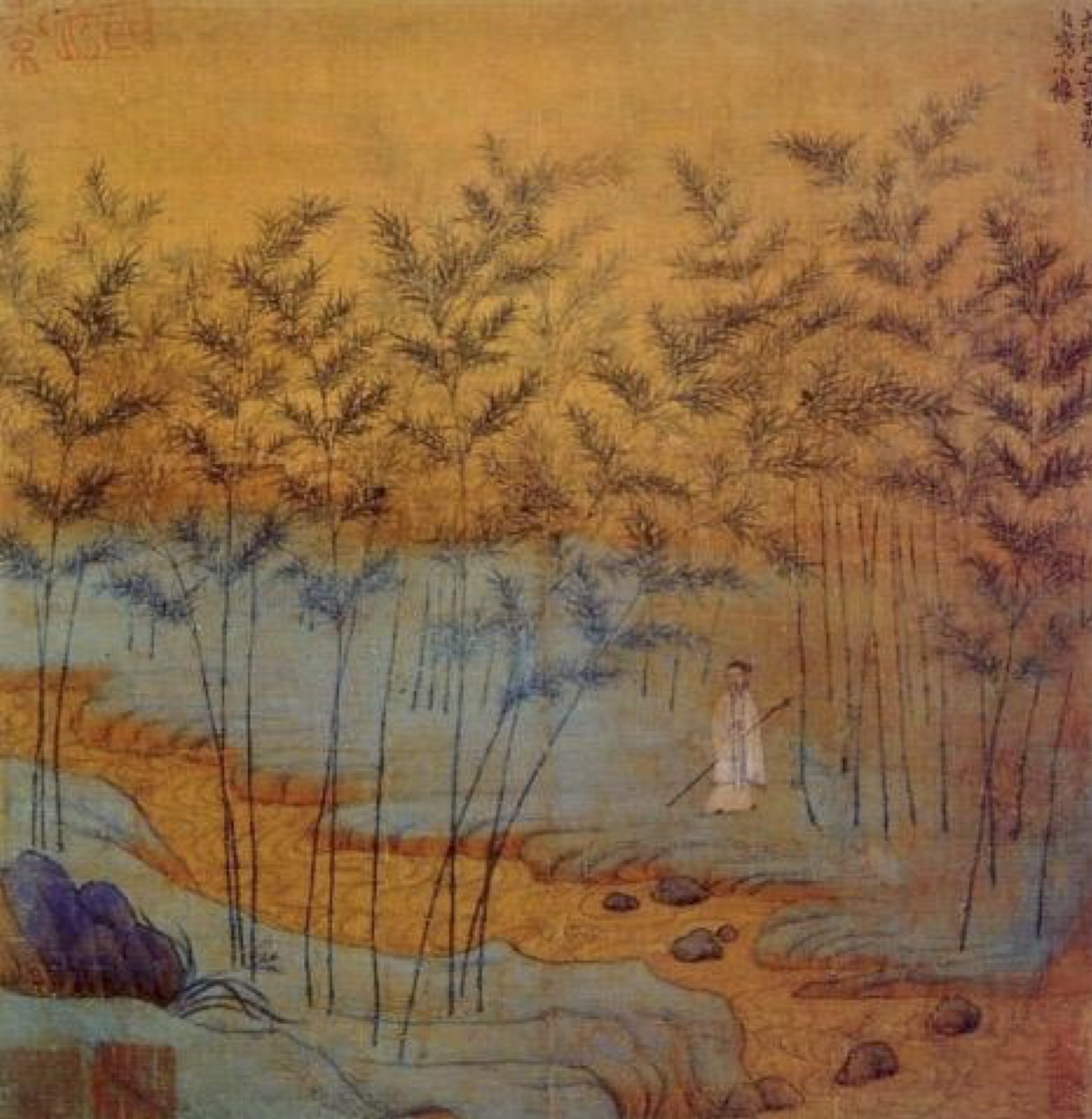China Research Seminar given by Dr Quincy Ngan, Yale University
Reading Chinese Painting through Azurite and Malachite
The discourse on color in Chinese painting has long been dominated by a focus on archaism, or the stylistic paradigms established by Song and Yuan masters, including the evolutions of these paradigms in subsequent periods. However, there are other ways of looking at Chinese painting colors beyond reflecting on this preeminent theme. Focusing on textual sources and three works by Zhao Mengfu, Wen Zhengming, and Tang Yin, this talk explores the choice and positional significance of color within a composition in traditional Chinese painting. For example, Zhao Mengfu, in his Self-Portrait, manipulated the locations of azurite and its connatural counterpart, malachite, in the composition to reinforce the messages connoted by other pictorial motifs. In his Tao Gu Presenting a Poem, Tang Yin uses azurite and the direction of a houseboy’s gaze and posture to draw viewers’ attention to the wine flask, reinforcing the significance of wine in Tao Gu’s fiasco. Wen Zhengming, likewise, uses malachite to guide viewers and connect different scenes in Heavy Snow in Mountain Passes. This talk argues that an artist’s choice of where in a composition a color is applied, or on which motif it is used, are potential clues for unpacking the meaning of color.
Quincy Ngan is an assistant professor in the History of Art and a research fellow at the MacMillan Center at Yale University. He received his bachelor’s and doctoral degrees from the Chinese University of Hong Kong and the University of Chicago, respectively. He is named a co-recipient of the 2018 ACLS Reading-Workshop Grant. Quincy’s research explores color, pigments, and materiality in traditional Chinese painting, as well as representations of skin in Chinese art from the premodern era and thereafter. His articles appear in The Metropolitan Museum Journal, Yishu: Journal of Contemporary Chinese Art, and Ming Qing Yanjiu.
| Contact |
|---|
| Professor Adam Yuet Chau: ayc25@cam.ac.uk |

